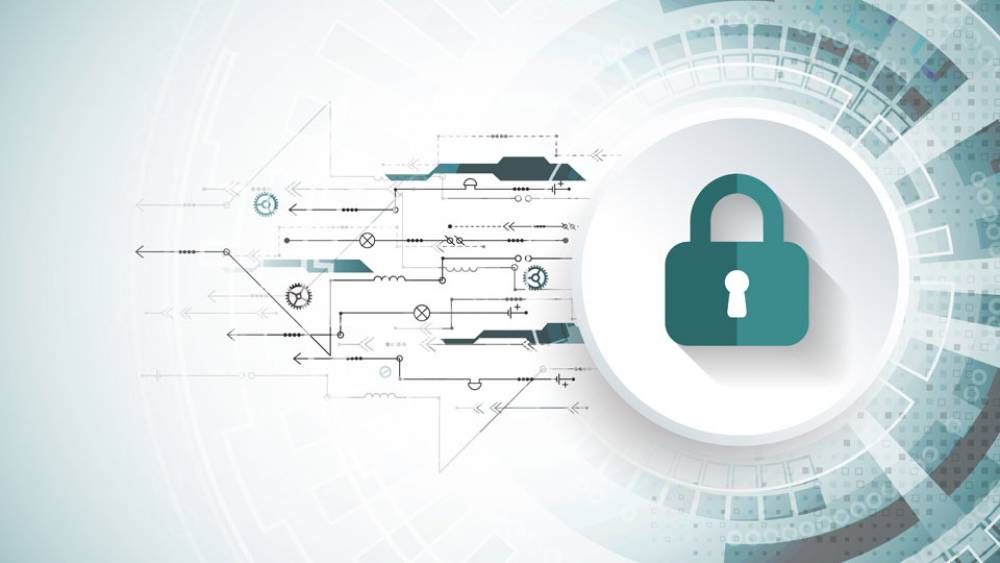
Why Marketers Must Be Trained In Cybersecurity
Marketers Must Be Trained In Cybersecurity: Here's Why
Humans, no matter how intelligent or cautious they are, are prone to making mistakes. While it’s true that there are advanced cybersecurity tools and technologies that exist and are made available to businesses, they are only ever as strong as the person in front of the screen.
Of the many cybersecurity attacks the world experiences daily, 46% of those are due to human error. Whether from carelessness or lack of training, this staggering statistic is made even worse when you consider the fact that in 40% of the companies in the world, employees have admitted to not reporting a security incident whenever it happens.
It doesn’t matter how robust your security infrastructure is—the human aspect will tear it down with just one wrong move. And if you think your marketers are safe from this, you’ll have to reconsider.
Marketing is at the core of most businesses, as they’re usually the ones enhancing the brand image, communicating the company’s ethos, and promoting business values. The relationships you have with your clients and partners are all nurtured via marketing.
With all this responsibility as well as the data they encounter regularly, your marketing department is one of the most vulnerable teams in your company. Just one cyber attack can wipe out all the work they have done.
Below are even more reasons why you need to train your marketers on cybersecurity.
1. To Safeguard Your Website
A digital marketing team equipped with cybersecurity knowledge knows how to protect your business's website. It's important to know that cybercriminals can easily attack a website that is inadequately secured and set up.
Users will not be able to access all or parts of your website if it has been hacked or compromised in any way. This will be a headache for everyone as it will lead to financial losses, reputational damage, and regulatory sanctions.
When a hacker gains access to your website, they can steal sensitive data such as your customers’ credit card information, addresses, banking information, etc.
For your team to protect the business's website, make sure that you’ve implemented two-factor authentication. This will significantly improve your website’s overall security, minimizing the risk of being hacked.
You can also invest in a Web Application Firewall, which will check the traffic that goes into your website. It will help prevent possible cyber attacks by safeguarding your site from any malware or denial-of-service (DoS) attacks.
Lastly, pick your hosting provider wisely. An insecure hosting provider makes for a vulnerable website.
2. To Safely Handle Data Transactions
Digital marketers also work on e-commerce websites where third-party payment providers like PayPal are commonplace. Hackers and cybercriminals know this well, and so they’re always on the lookout for opportunities to steal your customers’ payment information and credit card information by deploying malware.
Limit attacks like these or stop them entirely by making sure your website is HTTPS protected. A two-factor authentication functionality will also come in handy here.
3. To Shield Your Emails
Did you know that 20% of employees are likely to click on links found in phishing emails? What’s even more worrying is that, of those, 67.5% enter their credentials on a phishing website. The probability of your employees' submitting their password on a fraudulent website is 13.4%.
Email is one of the most used platforms in any business, and it’s also where hackers love to distribute malware. Ransomware is even more concerning as it will lock up all your data behind a paywall. With this, attackers will ask you for a ransom of thousands of dollars just to give your data back to you.
Employees should be educated to recognize phishing emails. Remind them not to click on any of the links in it to prevent attacks.
4. To Secure Your Social Media Accounts
Your marketing team owns your business's social media space. These platforms are often overlooked, however, when it comes to cybersecurity, even if your social media pages are some of the most targeted channels by hackers.
Even though social networking networks have improved their security, they are still hacked from time to time. The worst part is that once they have access to your accounts, their actions will give your company a bad name and hurt your brand's reputation.
Protect your social media accounts in the same way that you would protect your website. Make sure you have a complicated yet secure password (at least 20 characters long) and limit access to just individuals who need to post on that account. As always, consider using two-factor authentication for increased protection.
Aside from the actions listed above, you can also make use of these cybersecurity tips to further educate your team:
- As often as possible, conduct virtual seminars to discuss security risks.
- Password policies should be updated, maintained, and evaluated regularly.
- Everyone in your company must undergo security training, especially on how to recognize a phishing attack. Everyone should understand how to keep their systems safe and what to do in the event of a cyber attack.
- When working remotely, make sure that your marketing team is only using a reputable and secure WiFi network, and that sensitive data is kept private when sharing communal or shared living areas.
Cybersecurity Awareness Is A Constant Journey
Cyber awareness isn’t a one-time thing. As technology becomes ever more sophisticated, so will the attempts and attacks of cybercriminals. Revisit your strategies frequently and see where you can improve them even further. Be on the lookout for weaknesses in your policies and processes and encourage everyone in your marketing team and beyond to do the same.
Remember that it only takes one successful cyber attack to bring all the work of your marketing team to crumble, so don’t ever let it get to that point.

